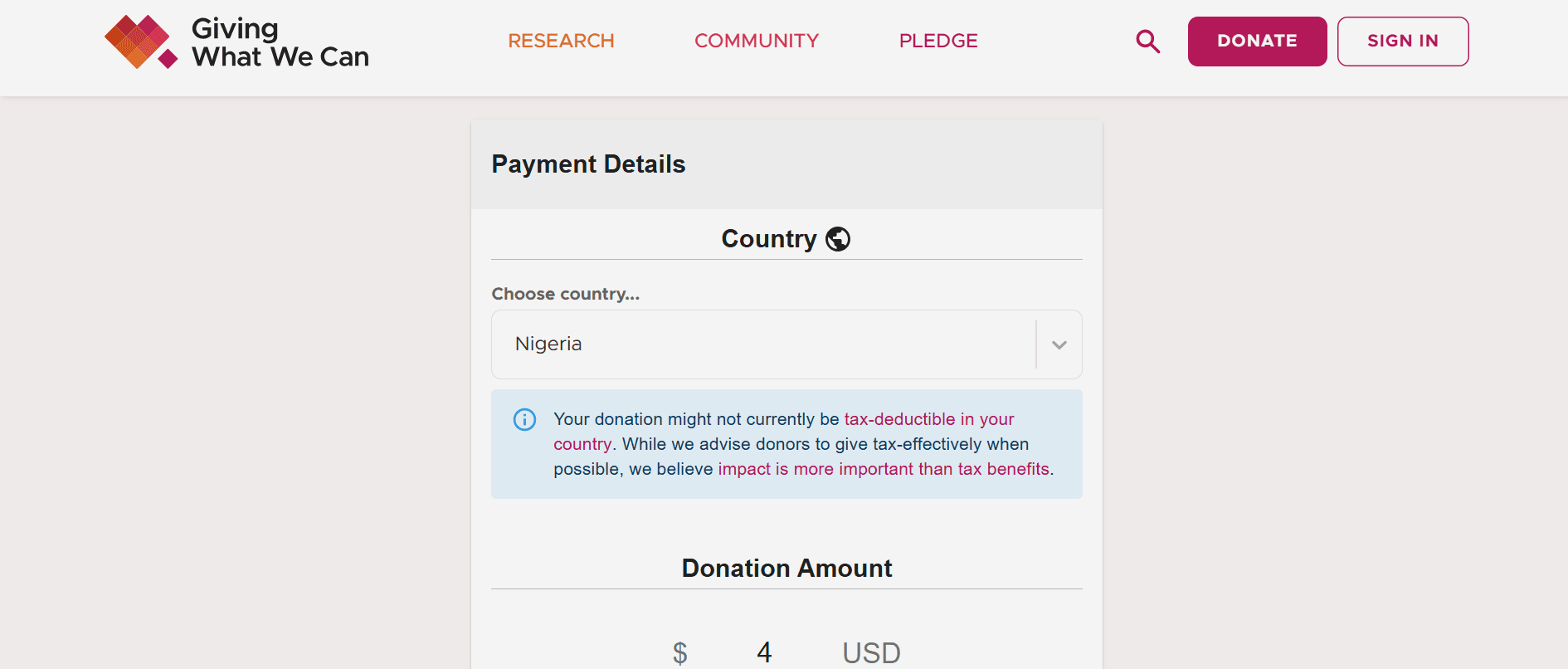Kind of expanding on my questions and thoughts about EA's age gap, I have been wondering: What exactly is the endgame of Effective Altruism? Forum members, I would love to hear your thoughts.
There are some Forum pieces thinking in this direction for specific EA cause areas, such as AI Safety or Animal Welfare. But none of them (that I can find) seem to focus on the individual level, the community membership one.
Apologies in advance for the possibly poorly formulated question. Yet, this literal question came up while discussing how I should consider EA and/or moral ambition in my life, a conversation I had with an EA-aligned career guidance advisor: "Does one graduate from EA? From the philosophy, from the community?", we both pondered. And beyond that:
- If yes, how? What does that look like? Are there any prototypes, examples, trajectories one can could name with regards to this?
- If no, what does that mean? Is there a point at which one can be "played out"? At what stage has a life reached its maximum possible impact made?
Not everyone gets to be so lucky as to actually make a significant positive impact through working on the most urgent problems our world is facing with an especially impactful organisation, let alone achieve setting up such an organisation oneself. Volunteering is great, but bills will need to be paid at some point. Health, home situation, all sorts of things need to be taken into account. Effective giving while working a possibly rather un-impactful job may still be a much more accessible, attainable way of putting EA principles into practice, for most mere mortals anyway.
** Edit: maybe this should be a quick take instead?




I don’t think there’s an “endgame” for EA—suffering will always be around, so there’s never really a point where we can say, “We’ve done enough". The ongoing challenge gives me purpose. Without suffering, there’s no meaning—like how there’s no hero without a villain.
But rather than seeing that as a never-ending grind, maybe it’s more like being on a path with ourselves, our actions, and the people we meet. If you can enjoy the roses along the way, drink a fine wine with your loved ones, and rest on a quaint bench to take a breather, isn’t it kind of nice to keep walking?
Loving this poetic reply! Fundamentally, yes, suffering will never end. And the amount of effort a person can put into countering it, is rather limited, so one may as well try to enjoy oneself. However, I think I was looking for an interpretation more close to Conor Barnes' below.